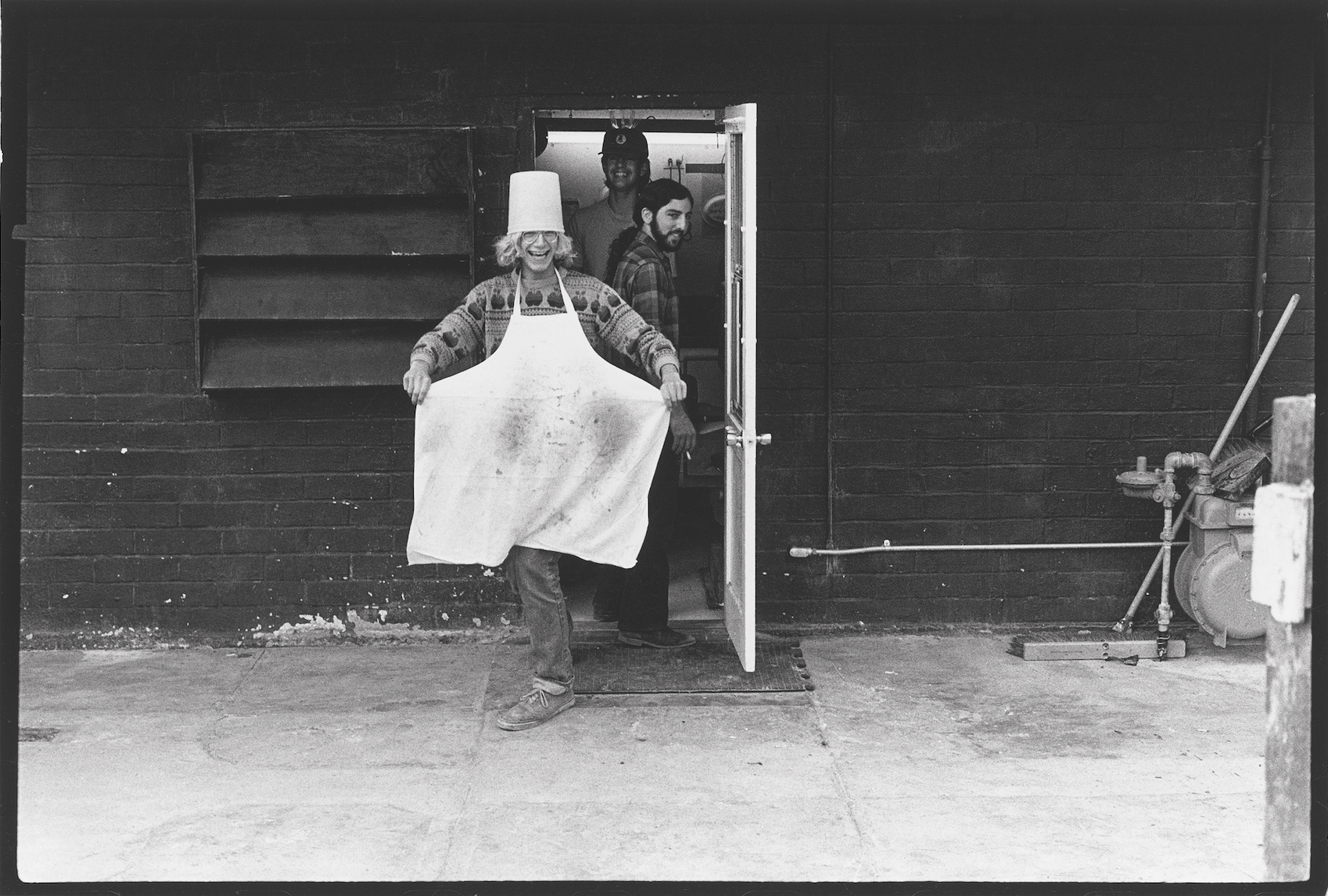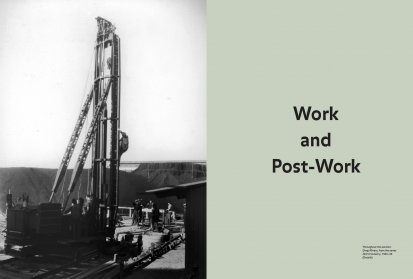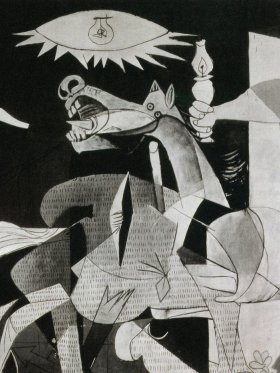A book by the economist and sociologist Jeremy Rifkin published in the U.S. in 1995 and immediately translated into many languages became a bestseller and gave rise to discussions and controversies that crossed territorial and disciplinary borders. The book had an eloquent and categorical title, The End of Work, which in the end overshadowed the subtitle, more resonant of the substantial investigation developed throughout its 400 pages: The Decline of the Global Labour Force and the Dawn of the Post-Market Era. The criticisms of the book were extreme: on the one hand, it was accused of quackery; on the other, it was highly praised, to the point that people believed that it heralded – as a collection and analysis of a wealth of information regarding the changes to the work society throughout the 20th century – ‘the most colossal anthropological and sociological convulsion that humanity has ever known. Only the Neolithic revolution can compare in terms of importance.’ We find this hyperbolic statement in the afterword of the French edition of Rifkin’s book, written by the sociologist Alain Caillé.
Rifkin’s thesis is very simple and, as we will see, does not bring anything new, even though it has different formulations: a total and widespread automation of work is underway, which the informatisation of society, initiated in the 1960s, accelerated. The new technologies of information and telecommunications, as well as the general development of ‘artificial intelligence’ (a concept created in the summer of 1956, in Dartmouth, during a gathering of researchers in this area) have gradually disseminated robots and all kinds of intelligent machines throughout various productive sectors. As a result, we are moving closer to a world without workers and to a reduction in human work so drastic that by 2050 – according to Rifkin’s predictions – only 5% of the adult population will be needed to secure the operation of the industrial sector. Considering the speed at which automation and ‘smartification’ are advancing (we should include the global system of networks called the internet in the infrastructure of the automatic society), Rifkin felt confident to announce the imminent end of the work society and the effective collapse of the model of economic rationality that corresponds to it.
Stripped down to its basic premises, Rifkin’s thesis does not sound particularly ground-breaking. Long before him, the sociologists of the Frankfurt School had already created the concept of technological unemployment. But his book had the effect of cruelly destroying all the illusions that might still have existed, even after automation and its effects had become visible. In reality, a denial mechanism has been set up and everything is still done politically to preserve a society organised around the centrality of work, as if full employment were still a reachable target and the normal – and single – state of the economy. Therefore, unemployment can only be an anomaly that occurs during a crisis, as if we were not in a permanent crisis. If reality shows that this belief has become inadequate, then we must change the view of reality through words and concepts: employment and unemployment, in the time of ‘Uberisation’, precarity, intermittence and ingenious inventions to occupy the time no longer encompass the same universe.
Nor do they mean the same as they did in the era that began with the automation implemented by Taylorism, in which the physical potency of bodies and muscles was replaced by machines. Rifkin shows that, with automation, normality is on the side of unemployment and that it makes no sense, in this new order, to continue thinking that the pair of opposite categories employment-unemployment is still analytically and descriptively pertinent. An entropy has been created, which is clearly visible in the levels of ‘unemployment’ among the young, including the ones with advanced qualifications and studies. Artificial intelligence has replaced them, thus bringing down the prices of production. In October of 2014, a French TV channel broadcast a feature, quoted by Bernard Stiegler in La société automatique (2015), entitled ‘Vous serez peut-être remplacé para um robot em 2025’ [You might be replaced by a robot in 2025].
The insistence on an economic order that always pursues full employment – or, at least, feels the need to keep this appearance at all costs – makes it extremely difficult to introduce innovations, such as reducing working time and new ways of distributing the mass of work for which humans are still responsible. As a consequence, we have an increasingly dysfunctional society in terms of work. Rifkin describes it in the following way: on the one hand, an elite that has jobs but paradoxically has less and less time (not being able to use one’s time freely is what defined the proletarian condition, hence the proletarianisation of the middle classes); on the other hand, a mass of unemployed, precarious and supernumerary individuals, as well as those who, despite having a job, cannot escape poverty. André Gorz, the French sociologist who is a fundamental point of reference in the study of the transformation of work and its consequences, wrote that the ideological message of the work society and wage earners is this: ‘It does not matter what job one has, what matters is to have one.’ From the moment that securing a job turned into an achievement in itself, the message became: ‘It does not really matter how much one earns, as long as one has a job.’
The end of work due to automation, as described by Rifkin, caused great controversy, since it envisioned an apocalyptic scenario where we had earlier seen the conditions for the full emancipation of humanity and ultimately the institution of ‘free work’. Marx announced this utopia, in the famous ‘fragment on machines’ included in Grundrisse, the manuscripts of 1857–58. This is where he used the English expression ‘general intellect’ to designate the new factors of knowledge and intelligence (whose meaning resembles what we now call ‘information’) in the definition of a new ‘law of value’. According to Marx’s hypothesis, machines would become so efficient that they would replace men in the automatic tasks that comprise the production of commodities, thus freeing them from alienating work and creating the conditions for a dedication to knowledge, which increases individual and collective happiness. In this way, the ‘collective human brain’ would be the representation of an enormous new power.








Share article